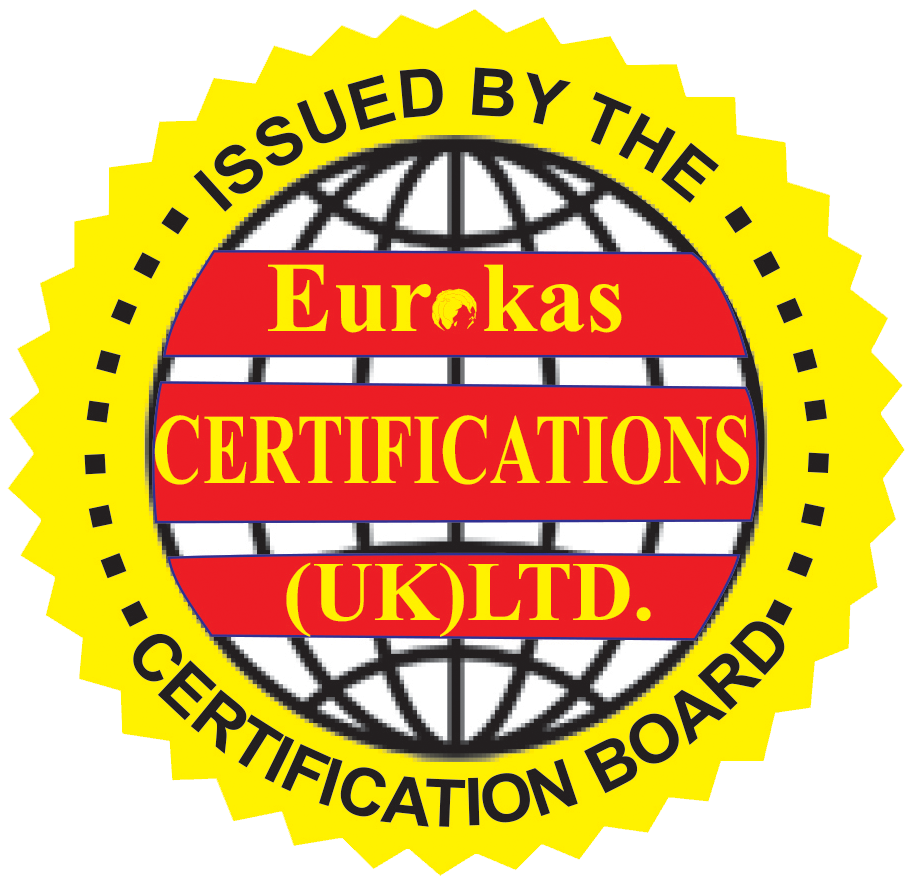ISO 9001:2015 is an international standard for Quality Management Systems (QMS). Organizations that achieve ISO 9001:2015 certification demonstrate their commitment to quality, customer satisfaction, and continuous improvement. Here are key aspects related to ISO 9001:2015 certification:
Overview:
ISO 9001:2015 sets out the criteria for a quality management system and is based on a number of quality management principles including a strong customer focus, the involvement of top management, a process approach, and continual improvement.
Key Principles and Requirements:
Customer Focus: Organizations must understand and meet customer requirements, aiming to enhance customer satisfaction.
Leadership: Top management is expected to provide leadership and demonstrate commitment to the QMS.
Engagement of People: Involving and empowering employees at all levels is crucial for the success of the QMS.
Process Approach: Activities and resources are managed as processes to achieve desired outcomes efficiently.
Improvement: Organizations are required to continually improve the effectiveness of the QMS.
Evidence-Based Decision Making: Decisions are based on the analysis and evaluation of data and information.
Relationship Management: The organization is expected to manage its relationships with interested parties (e.g., suppliers) for mutual benefit.
Certification Process:
Achieving ISO 9001:2015 certification involves several steps, including:
Gap Analysis: Assess the current state of the organization’s processes against ISO 9001 requirements.
Documentation: Develop and implement the necessary documentation, including a quality manual, procedures, and records.
Implementation: Implement the QMS and monitor its effectiveness.
Internal Audit: Conduct internal audits to assess compliance and identify areas for improvement.
Management Review: Top management reviews the QMS to ensure its continuing suitability, adequacy, and effectiveness.
Certification Audit: An external certification body conducts an audit to determine if the organization meets ISO 9001 requirements.
Certification Decision: The certification body issues ISO 9001:2015 certification if the organization meets the standard’s criteria.
Benefits of ISO 9001:2015 Certification:
Enhanced Credibility: Certification demonstrates a commitment to quality, enhancing the organization’s credibility.
Improved Efficiency: The QMS promotes efficient processes, reducing errors and waste.
Customer Satisfaction: Focus on customer requirements often leads to increased customer satisfaction.
Market Access: ISO 9001:2015 certification is recognized globally, facilitating market access.
Continuous Improvement: The standard encourages a culture of continuous improvement within the organization.
Organizations often pursue ISO 9001:2015 certification to gain a competitive edge and assure customers and stakeholders of their commitment to quality management.
